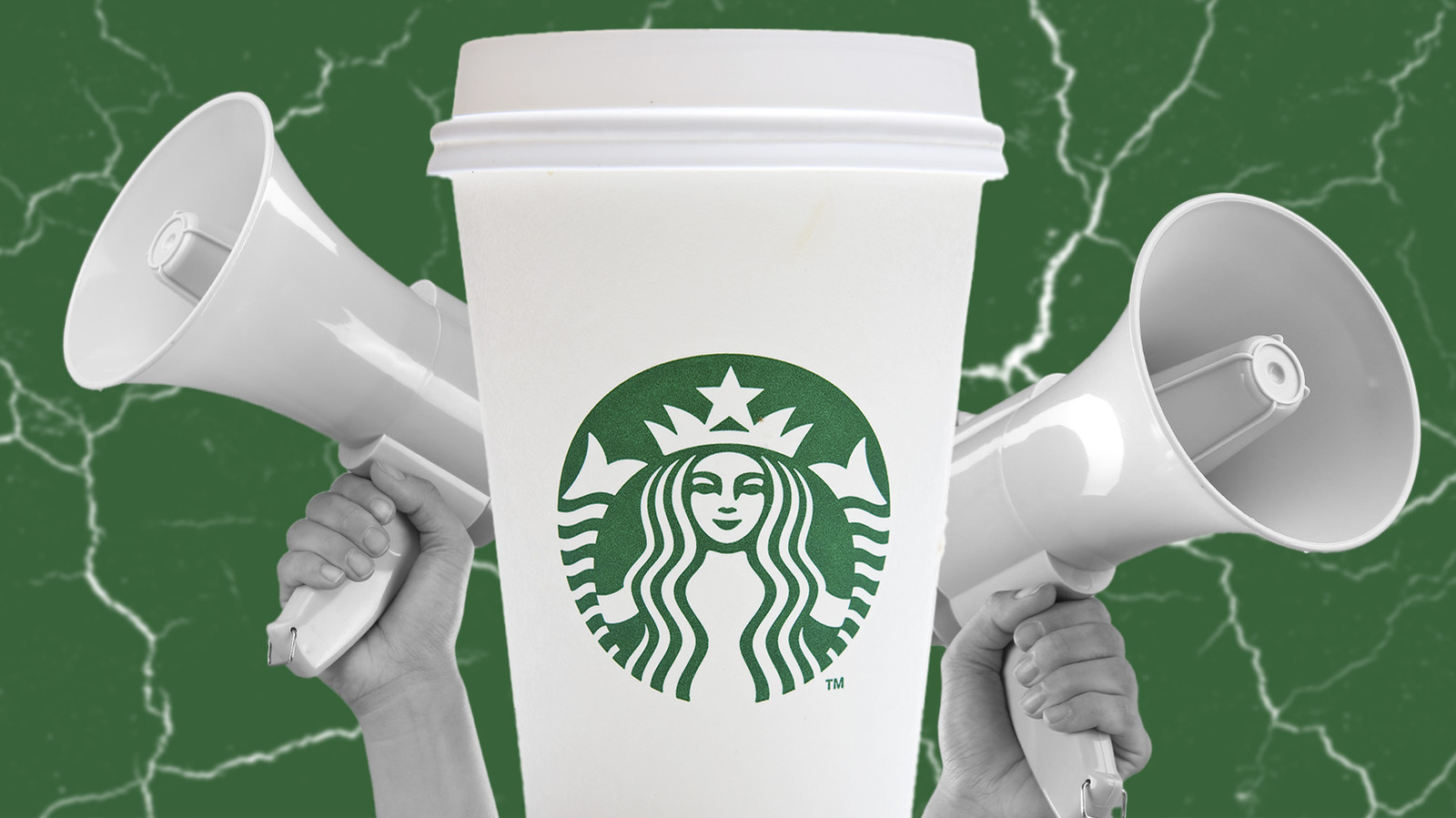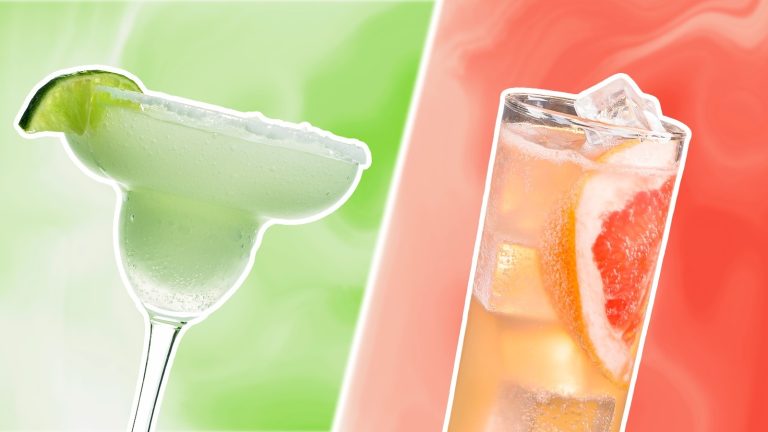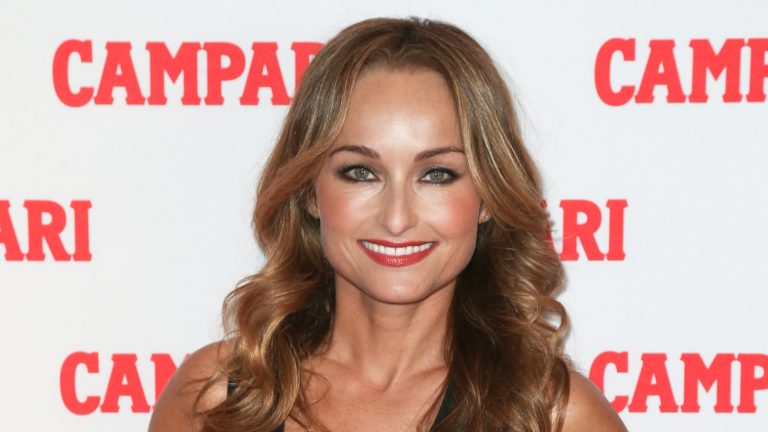Starbucks is, without a doubt, the most popular coffee chain among U.S. residents. Every year, it serves up its popular drinks – like cold brews, Frappuccinos, and creamy lattes — to customers in more than 17,000 stores across the country, as well as over 20,000 international locations. But the Seattle-headquartered coffee chain’s gigantic footprint doesn’t always get positive press, and it’s seemingly never far from a controversy.
Throughout its lengthy history, Starbucks has been entangled in some major scandals. For example, it’s been involved in multiple disputes with union members, and has even been sued due to human rights violations. Once, investigators found traces of fecal bacteria in the ice Starbucks was serving customers. On another occasion, a celebrity even superglued his hand to a Starbucks counter in protest against one of its policies. There’s plenty more where that came from — keep reading to learn all about some of the biggest controversies in Starbucks’ history.
Workers went on strike over the 2025 dress code
If you’ve ever walked into a Starbucks for your daily caffeine hit, you’ll have noticed that the baristas in charge of making all of those lattes, cappuccinos, espressos, and specialty drinks always wear a green apron. It’s a crucial part of the coffee giant’s branding and aesthetic, and it’s been that way since 1987.
According to a statement released by Starbucks in April 2025, making these green aprons look the best they can be is key to creating an inviting atmosphere in its stores. That’s why the company introduced a new dress code, which dictates that its baristas can only wear solid black shirts and khaki, black, or blue denim pants. This, the chain states, helps its “iconic green apron to shine.” But plenty of workers were not thrilled by the news. In fact, in May 2025, more than 1,000 baristas from 75 stores across the country walked out in protest against the dress code.
In a statement on X, Starbucks Workers United (a workers’ union for employees at various stores across the country) called the new uniform policy “regressive and unnecessary.” It also took action by filing a complaint with the National Labor Relations Board over the new policy, claiming that Starbucks did not attempt to reach a deal with Starbucks Workers United before it implemented the new dress code.
Disputes over pay led to worker strikes in the U.S. in 2024
Workers haven’t just taken issue with Starbucks’ new uniform policy — they’re frustrated over pay, too. In December 2024, more than 11,000 baristas chose to participate in five-day strike action due to ongoing disputes over their pay and working conditions. The strike was organized by Starbucks Workers United.
A key pain point for the union is the annual salary of Brian Niccol, Starbucks’ CEO as of August 2024, which is a whopping $1.6 million. And that’s without taking into account his access to performance bonuses and company shares. According to members of Starbucks Workers United, baristas are barely making a livable wage.
Silvia Baldwin, who works as a Starbucks barista in Philadelphia and serves as a bargaining delegate for the union, said that her 2025 raise would only add $0.40 to her $16.50 hourly wage. She said in a statement for the union that the pay bump was “hardly anything.” She added, “It’s one Starbucks drink per week. Starbucks needs to invest in the baristas who make Starbucks run.” Starbucks Workers United demanded an hourly wage increase of 64%, but Starbucks said the request was not sustainable.
Starbucks allegedly illegally fired workers over union action
Disputes over issues like pay and dress codes are tackled by Starbucks Workers United, the aforementioned union that was initially formed in Buffalo, New York in 2021. In October 2024, it celebrated signing up its 500th Starbucks U.S. location.
But the last few years have been far from smooth sailing for the union, largely due to attempted union-busting tactics from the coffee giant. In the months after Starbucks Workers United was formed, Starbucks started firing union leaders across the country, including seven workers in Tennessee, three in Kansas, three in Arizona, and six in New York. As a result, the National Labor Relations Board (NLRB) demanded that the workers be rehired with backpay. In 2023, a judge for the organization ruled that the workers in New York had been fired illegally. In the same year, Starbucks was ordered by the Ohio circuit court of appeals to rehire the seven employees from Tennessee, who worked in one of its Memphis stores.
But Starbucks didn’t give up. In 2024, it took the case to the U.S. Supreme Court in a bid to challenge the ruling. The company claimed that the Memphis union members were actually fired for breaking company policies, not because they were union members. In this case, the coffee giant was successful, as the Supreme Court chose to rule in favor of Starbucks.
Starbucks was sued over human rights violations in 2024
Starbucks Workers United isn’t the only organization that is unhappy with the coffee giant. In January 2024, the National Consumers League filed a lawsuit in the District of Columbia claiming that Starbucks was lying to consumers by marketing its tea and coffee as “100% ethically sourced.” In a statement, the group reported that there were “egregious labor and human rights violations” across Starbucks’ supply chain.
The National Consumers League cited evidence of illegal human trafficking at the Brazilian Cooxupé collective, which supplies around 40% of Starbucks’ Brazilian coffee. It also claimed that workers at the collective had been found carrying coffee sacks weighing more than 100 pounds on their backs. The evidence of human rights violations didn’t end there. Child labor was uncovered at three Guatemalan farms supplying Starbucks, and sexual abuse was also discovered at a Kenyan tea plantation.
“The facts are clear: there are significant human rights and labor abuses across Starbucks’ supply chain,” said the National Consumers League’s CEO Sally Greenberg. “[C]onsumers have a right to know exactly what they’re paying for.” In response, Starbucks claimed that it was engaging with the farms to make sure they complied with its standards. However, in May 2025, another civil lawsuit was filed by eight Brazilian coffee farm workers. They claimed that Starbucks was aware of abuse in their supply chains but continued to work with farms that engage in human rights violations.
In 2023, its stores were vandalized amid union tweets about the Israel-Hamas war
Starbucks isn’t always on the receiving end of lawsuits; sometimes, it initiates them. In 2023, it sued Starbucks Workers United for allegedly damaging its reputation with a Tweet relating to the Israel-Hamas war. After Hamas’ October 7 attacks in Israel, the union posted a message saying, “Solidarity with Palestine!” on X. It was deleted less than an hour after it was posted, but the damage to Starbucks was seemingly already done.
According to the coffee giant, some of its stores were vandalized in response to the Tweet. It claimed that some employees had also had to deal with threatening and hostile behavior from customers. “Our stance is clear,” former Starbucks CEO Laxman Narasimhan wrote in a statement. “We stand for humanity.” Starbucks Workers United, however, was skeptical about the reasoning behind the lawsuit. In an open letter to the coffee chain, the union claimed: “Starbucks is seeking to exploit the ongoing tragedy in the Middle East to bolster the company’s anti-union campaign.”
It was forced to pay $25 million in a discrimination lawsuit in 2023
In 2019, Starbucks was hit with another lawsuit. This time it came from Shannon Phillips, one of the coffee chain’s former regional directors. According to Phillips, she had been fired by Starbucks for being white. The year before, two Black men, Donte Robinson and Rachon Nelson, had been arrested. A Starbucks employee called the police after the men refused to make a purchase while they waited for a business meeting in the store, claiming they were trespassing. The incident prompted huge backlash against the coffee chain.
However, according to Phillips, she was unfairly made collateral damage when she was fired while Starbucks raced to protect its image. She claims her contract was wrongfully terminated a few weeks after the incident, even though she had not been present in the store at the time. This was done because she was a white employee and Starbucks wanted to “convince the community it had properly responded to the incident,” Phillips’ lawsuit alleged. In the end, Phillips won her case in 2023. Starbucks was forced to pay out more than $25 million as a result.
In order to demonstrate it was, indeed, taking the matter seriously, Starbucks closed more than 8,000 stores across the U.S. so each of its employees could undergo racial bias training for an afternoon. It was estimated that the closure may have cost the coffee chain around $20 million.
James Cromwell once glued his hand to a Starbucks counter over dairy-free milk charges
Another issue that has previously angered Starbucks customers is its dairy-free milk charge. In the past, the coffee chain charged extra for the use of plant-based milk alternatives, like oat and soy, in its beverages. However, many customers and activists claimed this was unfairly penalizing those who chose to consume dairy-free milk for ethical, health, and environmental reasons.
One of those activists was actor James Cromwell, who, in collaboration with the animal rights organization People for the Ethical Treatment of Animals (PETA), glued his hand to a Starbucks counter in protest against the charge. Cromwell claimed that the coffee chain was penalizing customers who chose to order dairy-free milk with the added cost. Ultimately, the uproar against the additional charges paid off. In October 2024, the coffee giant announced it would no longer charge extra for plant-based milk alternatives.
Starbucks Hong Kong stores were attacked amid protests in 2019
Starbucks has been caught up in political protests more than once. Four years before Starbucks Workers United’s Tweet caused backlash in the U.S., the coffee chain’s Hong Kong stores were also attacked and vandalized. This time, protesters weren’t targeting Starbucks alone. The unrest was part of wider protests in Hong Kong, which were caused by the Chinese government’s proposed Extradition Bill.
Starbucks’ Hong Kong franchise stores weren’t randomly attacked by protestors — they were likely deliberate targets because the franchise was owned by Maxim’s Caterers, a major food and restaurant business in Hong Kong. In 2019, Annie Wu (daughter of Maxim’s Group founder Dr. James Tak Wu) criticized protesters in Hong Kong, sparking major backlash against the food company and likely motivating protestors to attack Starbucks stores.
In 2017, fecal bacteria were found in the ice
For many, a popular way to cool down in the summer is to grab an iced coffee from Starbucks. But in 2017, investigators likely put U.K. customers off their favorite beverage when they discovered traces of fecal bacteria in the ice being served by the coffee chain. Yes, we’re talking about poop in the ice — hardly an appetizing prospect.
According to an investigation by the BBC program “Watchdog,” three out of 10 ice samples taken from Starbucks and fellow coffee chain Caffè Nero contained fecal coliform bacteria. Seven out of 10 samples from Costa Coffee locations also contained the bacteria, which experts said was likely transferred to the ice via unclean hands or dirty ice machines and buckets. If consumed, fecal coliform bacteria can increase the risk of foodborne illness like E.coli. In response to the findings from “Watchdog,” all of the coffee chains said they would take steps to deal with the problem. Starbucks announced it would be launching its own investigation to find out more about the contamination.
Its #RaceTogether campaign in 2015 was widely mocked
In 2015, Starbucks attempted to cement its image as a progressive company with a campaign called #RaceTogether, but the stunt seriously backfired. The PR campaign involved writing #RaceTogether on coffee cups sold by the chain, and was launched amid nationwide protests against police violence targeted at Black men.
Some criticized the campaign for making coffee political, while others said it was tone-deaf. It was also mocked by several X users, especially when the promotional shots for the campaign showed #RaceTogether cups being cradled by white hands.
In his memoir “From the Ground Up,” former CEO Howard Schultz admitted that he was all for the campaign until it launched. He then realized that while the conversations were important, it was not the role of baristas serving customers in stores to initiate them. He called the execution of the campaign “sloppy” and “not properly sequenced.”
Starbucks had to pay Kraft Foods $3 billion in 2013 after breaking terms on a coffee contract
Starbucks doesn’t just serve coffee in its shops — it also has its own range of packaged coffee products that are sold in stores, too. In 1998, the coffee giant partnered with food and beverage conglomerate Kraft Foods to sell these coffees across the U.S. But in 2010, Starbucks pulled out of the partnership with the company, saying that Kraft Foods was failing to uphold its contractual obligations. The issues were largely related to coffee pods — Kraft would only sell Starbucks pods that worked in its own machines.
Pulling out of the deal was a major issue, though, because the contract between the two companies was supposed to last until 2014. As a result of terminating the contract early, Starbucks was forced to pay nearly $3 billion in damages and legal costs to Kraft Foods. Starbucks paid the money, but the company vocally disagreed with the decision. It claimed that Kraft did not deserve the money because it failed to support Starbucks’ coffee pod sales, costing the business money.
Starbucks was accused of UK tax evasion in 2012
Another way that Starbucks has attempted to save itself money? Alleged tax evasion, apparently. In 2012, the chain’s tax payments in the UK were investigated by Reuters. Ultimately, the news agency discovered that the coffee chain had paid no tax for the three years prior to the investigation.
It’s important to note that the investigators were not accusing Starbucks of breaking the law. They were, however, focused on revealing the truth to Starbucks customers about its tax activity and a flawed tax system. In reality, Starbucks had avoided tax payments by reporting losses while still telling its investors it was profitable. This meant that it did not have to pay taxes on profits. “This is tax avoidance, they’re doing nothing illegal,” campaigner Richard Murphy from Tax Research UK told the BBC. “That doesn’t mean to say it’s right, in my opinion.”
In 2022, Starbucks UK was called out for tax evasion again. By claiming £78 million of its profits were administrative expenses, it paid only a £5.4 million tax on a gross profit of more than £95 million.





